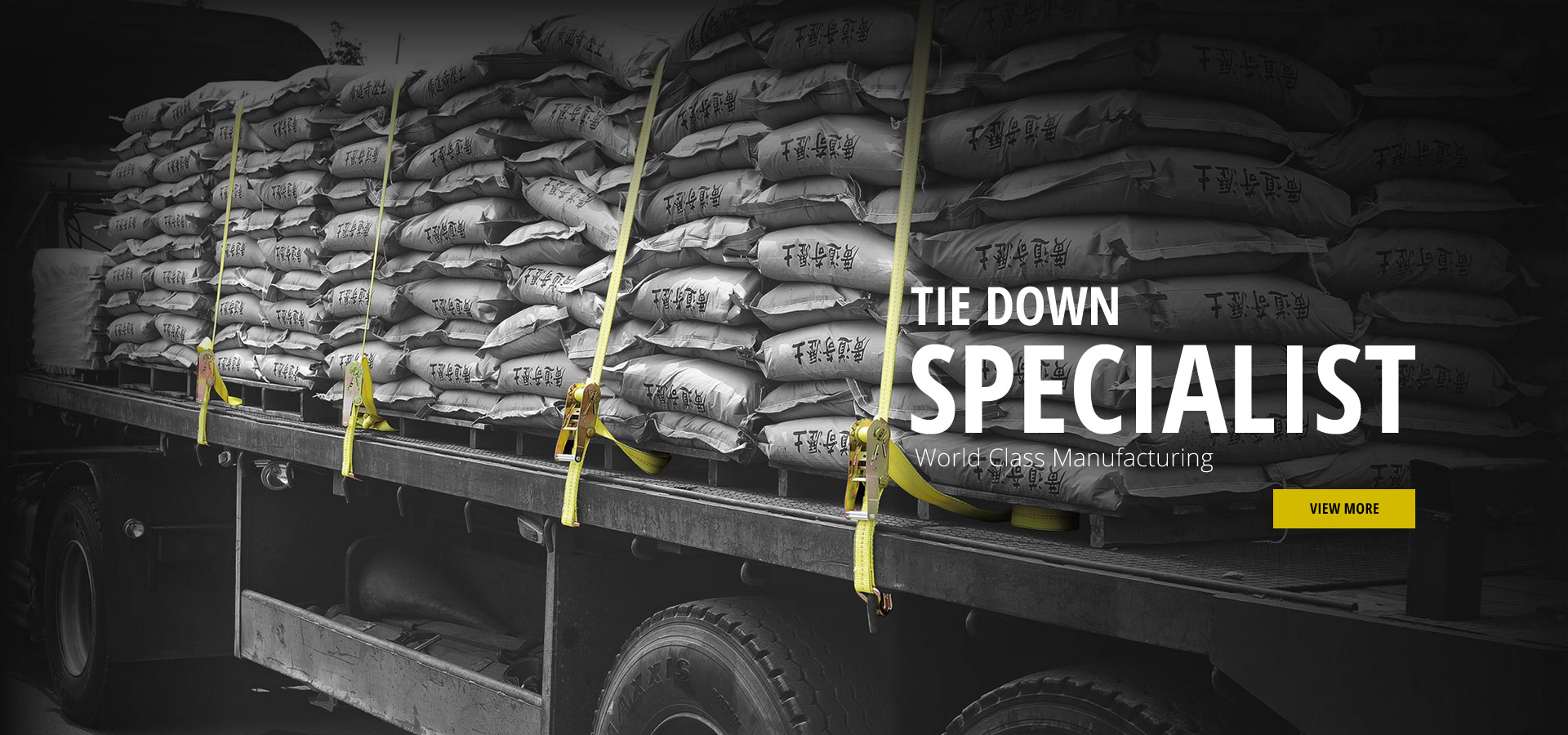Fine Thread Collated Screws for Precision Fastening in Construction and Woodworking Projects
Understanding Fine Thread Collated Screws A Comprehensive Overview
In the constantly evolving realm of construction and woodworking, the choice of fastening materials plays a critical role in ensuring structural integrity and longevity. One particularly noteworthy option that has gained traction in various applications is the fine thread collated screw. This article aims to provide a detailed understanding of what fine thread collated screws are, their advantages, typical applications, and best practices for use.
What Are Fine Thread Collated Screws?
Fine thread collated screws are fasteners that feature a finer pitch thread compared to traditional coarse thread screws. Collated screws, as the name indicates, are fasteners that are pre-assembled in strips or coils for use with electric or pneumatic screw guns. These screws are specially designed to be automatically fed from a magazine, making the fastening process significantly faster and more efficient.
The fine thread design offers unique benefits compared to coarser variants. With their tighter threads, fine thread collated screws provide enhanced holding power in materials such as metal and dense woods. The finer threads also allow for increased precision when driving into sensitive materials, minimizing the risk of splitting, which is particularly advantageous in delicate applications.
Advantages of Fine Thread Collated Screws
1. Superior Holding Strength The closer spacing of the threads allows for more surface area engagement with the material. This ensures that the screws maintain a strong grip, resisting withdrawal forces better than their coarse-thread counterparts.
2. Reduced Risk of Splitting In delicate materials or when fastening near the edge of a workpiece, fine thread screws are less likely to cause splitting. This makes them ideal for applications where material integrity is essential.
3. Enhanced Biting Power Fine threads can bite into hard materials more effectively, making them a preferred choice for metal fastening applications. They allow for better engagement with base materials and reduce the chances of cam-out.
4. Improved Alignment and Adjustment Fine thread screws enable better adjustment capabilities during assembly, allowing components to be aligned with precision before being firmly fastened. This is crucial in projects requiring meticulous craftsmanship.
Common Applications
Fine thread collated screws are widely utilized in a variety of construction and manufacturing settings, including
fine thread collated screws

- Framing and Sheathing Their ability to hold under stress makes them suitable for framing structures and assembling sheathing panels. - Metal-to-Wood Fastening These screws excel in applications where metal brackets or components are attached to wooden structures, providing a robust connection.
- Cabinetry and Furniture Production Fine thread screws are often used in the assembly of cabinets and furniture, where a strong bond is critical to the finished product’s durability.
- Roofs and Siding Whether securing roofing materials or siding, fine thread screws provide reliable fastening for outdoor constructions subjected to varied weather conditions.
Best Practices for Usage
To maximize the performance of fine thread collated screws, it’s essential to adhere to a few best practices
1. Proper Tool Selection Use a compatible collated screw gun that can handle fine thread screws. This ensures optimal driving depth and consistent torque, reducing the risk of damage to materials.
2. Pre-Drill When Necessary For very hard materials or when working with hardwoods, pre-drilling pilot holes can improve fastening efficiency and reduce splitting.
3. Apply Appropriate Torque Understanding the correct torque settings for the application allows for a better grip without damaging the fastener or the material.
4. Choose the Right Length and Diameter Selecting the appropriate size based on the materials being fastened is crucial for achieving maximum holding power.
Conclusion
Fine thread collated screws represent a significant advancement in fastening technology, providing unique advantages that cater to both industrial and DIY applications. Their strength, precision, and versatility make them invaluable in a range of projects, from subtle furniture assembly to robust structural framing. Understanding their characteristics and incorporating best practices in their usage can greatly enhance the quality and durability of constructed projects, making them a preferred choice for professionals and hobbyists alike.
-
Weatherproof Plastic Expansion Anchors for OutdoorNewsJun.06,2025
-
Sustainability in the Supply Chain: Eco-Friendly TEK Screws ProductionNewsJun.06,2025
-
Load-Bearing Capacity of External Insulation FixingsNewsJun.06,2025
-
Double Head Bolts: Enhancing Efficiency in Industrial MachineryNewsJun.06,2025
-
Corrosion Resistance in Chipboard Screws: Coatings for Wholesale DurabilityNewsJun.06,2025
-
Butterfly Toggle Bolts : Enhancing Structural ResilienceNewsJun.06,2025
